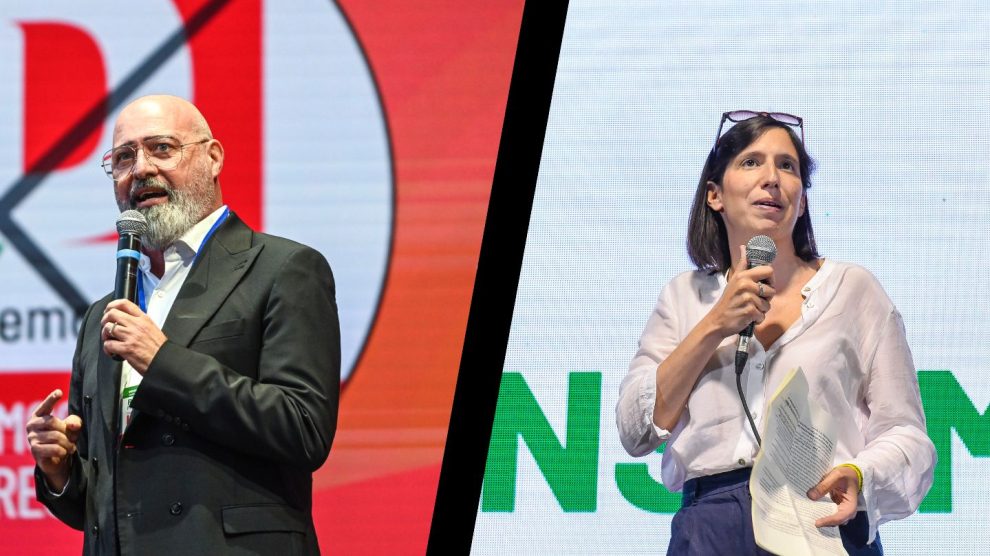It could have gone better. The Democratic Party came in second at Sunday’s general elections, garnering just under 20% of the total votes. But no one would be able to tell by how sombre and resentful party members appear.
- Italy’s rather baroque electoral system doesn’t translate percentages into shares of Parliament, so the leading party in the centre-left coalition will end up with a comparable amount of seats as the League – which won 9% of the votes.
Enrico Letta’s leaving. The party secretary and former PM, who left his job at Sciences Po to helm the Democratic Party he co-founded, announced he would step down from his post. He will stay on as a caretaker until a suitable replacement is found.
- In a presser on Monday, he said he had returned with two goals: preventing the DP from disintegrating and preparing a democratic and progressive legislature.
- “The first goal is achieved, the DP is in the field, it turns out to be a living and strong community […] Evidently I did not achieve the second objective, because this legislature will be the most right-wing legislature in the history of Italy.”
- He then said he wouldn’t run at the next party congress. in March, the natural deadline of his mandate, and called to reflect deeply on how the next version of the DP could be.
What happened? We asked sociologist and political analyst Mauro Calise on our sister site. He called Mr Letta’s quitting a “dignified” way of shouldering responsibility. Then he explored the root causes of the party’s electoral result.
- “Did the DP lose the trust of centrists, students, pensioners and the last? No, [it] lost trust, period. Because it is a party that fails to express leadership, vision and capacity for an alliance.
- “Politics is made up of some fairly simple rules: the rules, of course, of survival and then the rules of winning power,” he added.
Who’s next? Word on the street is that these two characters, among the most powerful party members, are the best suited to become the DP’s next secretary. And a choice between the two would speak volumes about the direction it chooses.
- Stefano Bonaccini, the current governor of the Emilia Romagna region. A reformist at heart, he has been critical of Mr Letta’s attempts to reunite multiple forces – from the “proper” leftist parties to the moderate centrists – under the same alliance.
- Elly Schlein, his vice-president, who has been labelled by Time as “Italy’s AOC” and endorsed by The Guardian as the Italian left’s “rising star.” She volunteered in Barack Obama’s 2008 and 2012 electoral campaigns as a student. She now leads the DP’s most progressive platform, tinted with climate and feminist issues.





